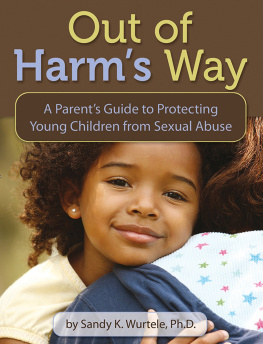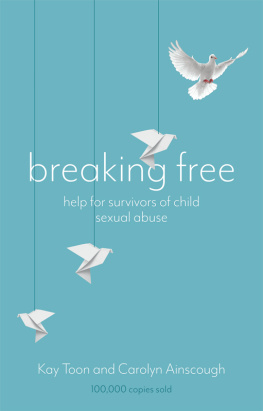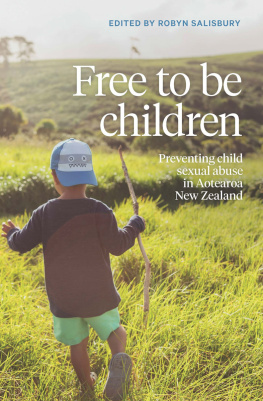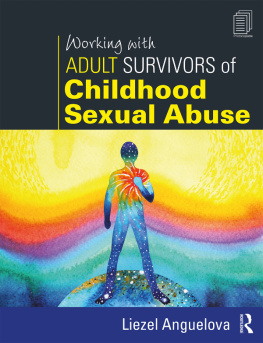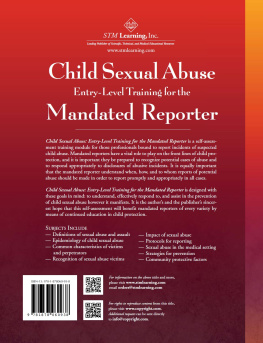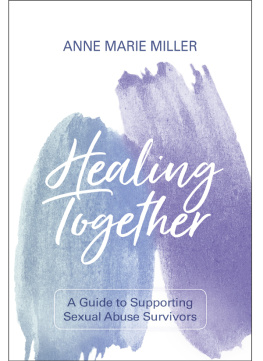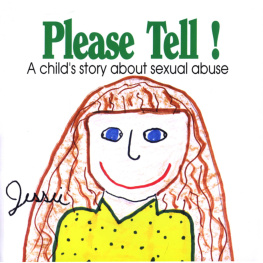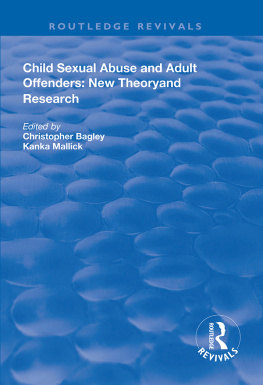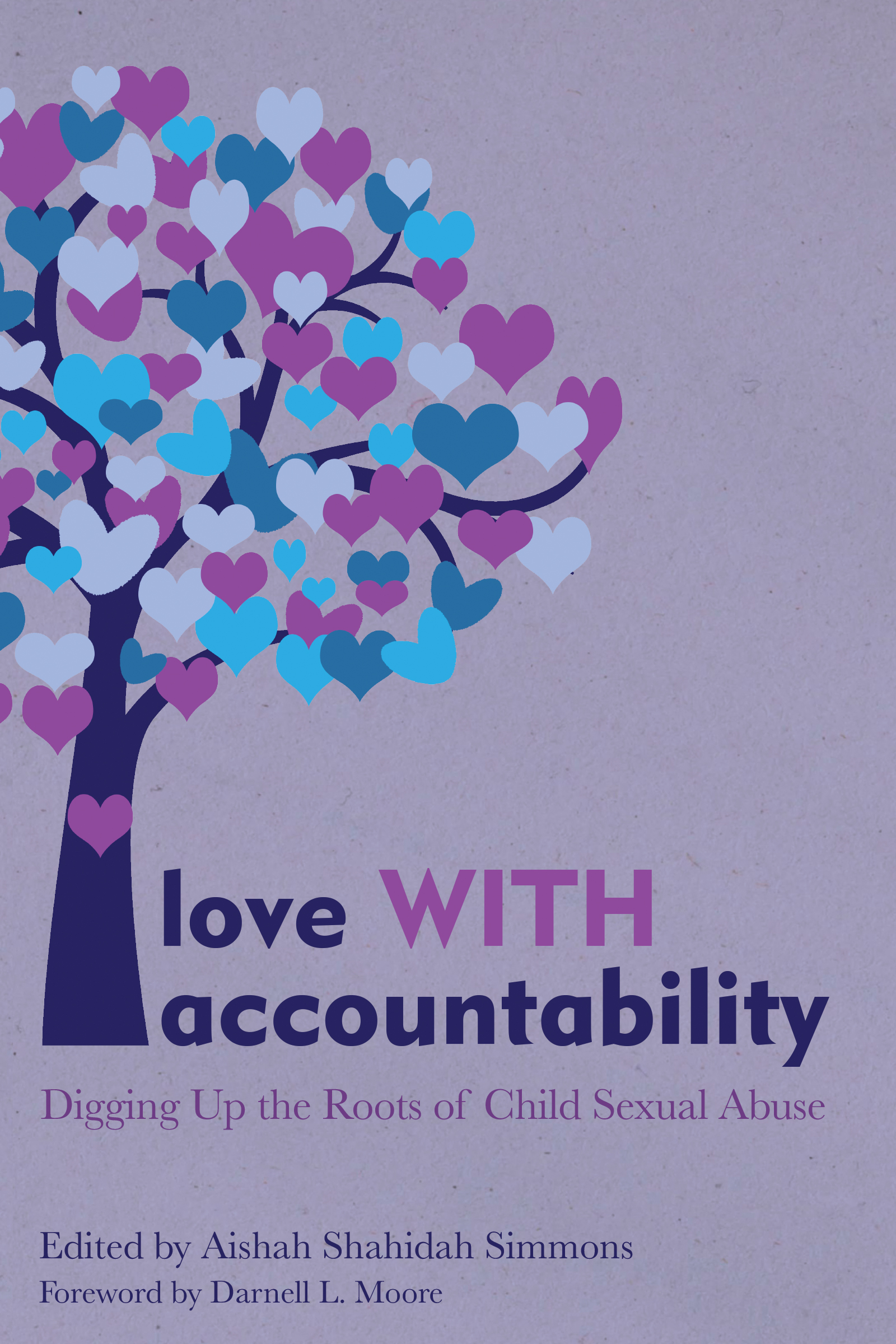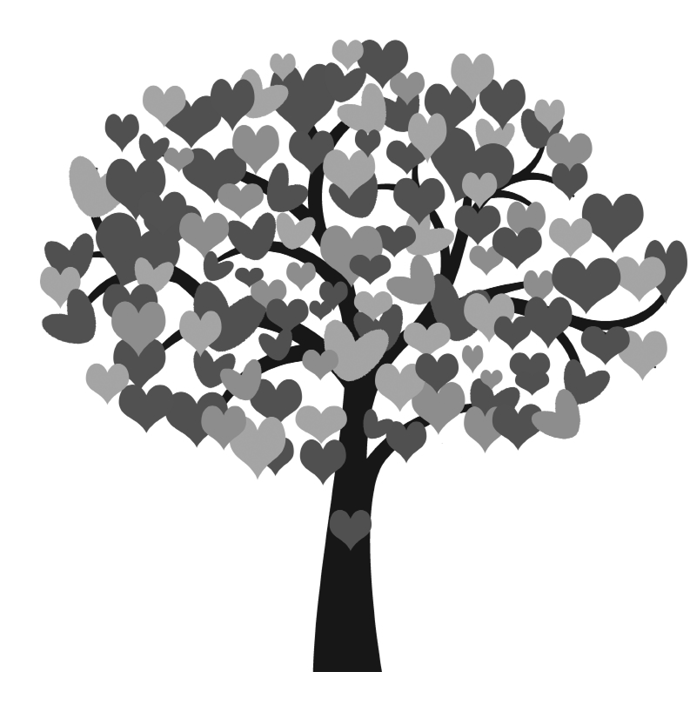If your house aint in order, you aint in order.
It is so much easier to be out there than right here.
What you do to children matters. And they might never forget.
Content Notice
Child sexual abuse is a global epidemic.
The purpose of Love W ith Accountability: Digging Up the Roots of Child Sexual Abuse , both as a book and a project, is to prioritize child sexual abuse, healing, and justice in dialogues, writings, and work on racial justice and sexual violence. The majority of the chapters in this anthology give an in-depth and, at times, graphic description and examination of rape, molestation, human trafficking, other forms of sexual harm, racism, sexism, transphobia, homophobia, ableism, audism, religious/spiritual abuse, and state violence committed against diasporic Black children through the lived experiences and work of diasporic Black adult survivors and advocates. Most of the chapters also offer ideas, visions, and strategies for how we can address, disrupt, and ultimately end child sexual abuse without solely relying upon systems that have continuously harmed diasporic Black people and other marginalized communities. All of the chapters offer insights about the healing journey and what justice can look like for survivors of child sexual abuse.
You may want to read this anthology by yourself, or in community with others. You may also want to consider reading this anthology in tandem with reading Beyond Survival: Strategies and Stories from the Transformative Justice Movement , co-edited by Ejeris Dixon and Leah Lakshmi Piepzna-Samarasinha (forthcoming, AK Press, 2020).
The conscious breath can be a grounding anchor. It is in this context that I insert the word Breathe in between every five chapters to invite you to pause, take conscious breaths, and ground yourself while reading. Whatever you decide, please take your time, and please take compassionate care while reading.
Imagining and working for a world without violence,
Aishah Shahidah Simmons
Breathe
. Joanne Stevelos, Child Sexual Abuse Declared an Epidemic: World Health Organization Publishes CSA Guidelines, Psychology Today , November 29, 2017.
. Audism is a term used to describe a negative attitude toward deaf or hard of hearing people. It is typically thought of as a form of discrimination, prejudice, or a general lack of willingness to accommodate those who cannot hear. Those who hold these viewpoints are called audists and the oppressive attitudes can take on a variety of forms. Jamie Berke, The Meaning and Practice of Audism, VeryWellHealth.com, June 18, 2018, https://www.verywellhealth.com/deaf-culture-audism-1046267.
. Coined by queer Black feminist Moya Bailey, misogynoir is a word used to describe how racism and anti-Blackness alter the specific experience of misogyny for Black women . Trudy, Explanation of Misogynoir, The Gradiant Lair , April 28, 2014, http://www.gradientlair.com/post/84107309247/define-misogynoir-anti-Black-misogyny-moya-bailey-coined.
FOREWORD: Love Is a Reckoning
Darnell L. Moore
I thought that I was ready. I had access to the right type of language and popular theories. By the time we met, I had been a part of enough talks on rape culture and patriarchy to respond with the ease of an expert. I sat opposite her, however, staring back with a face wilted by shock after hearing what she wanted to share with me. She shared something I wished I hadnt heard. Shared something I wished could be undone. Shared something I wished she hadnt had to experience and feel and share at all.
Before we spoke, I felt a renewed faith in our human capacity to heal from the harms weve committed or experienced. Finally, I had come to believe in something other than punishment, prisons, and call-out culture to fix what has been bruised: so many hearts, so many spirits, so many bodies.
I believed that people, even those among us who have hurt others, could still grab hold of redemption, transformation, and justice. But a survivor had arrived at the bar carrying her coat and pain, testing my belief that people who harm can be set free from the worst parts of the self.
I had asked my cousin to meet me in Philly. It was the start of winter. She suggested a barwe are, after all, the only obvious queers in the family. It was supposed to be a typical night out: get cheap drinks and catch up, talk shit and play matchmaker. So we ordered a round after we found a table.
Ive been depressed, she said before taking another sip of the Vodka Madras I ordered. I knew as much because shes brave enough to be vulnerable in ways that so many in my family are not, in ways I am not. She had shared as much on her social media pages. I did not know, however, that she barely slept at night. Nightmares, she confessed. She couldnt sleep because she could not shake the presence of the person, the family member, our family member, who had sexually assaulted her. We didnt laugh anymore after this confessiononly slow sips of our drinks and silence followed.
I didnt know what to say other than sorry. I told her that I believed her even if our other family members did not. I listened as my stomach turned, as my heart broke, as she spoke heavy words. I could not fathom how many nights she had lost sleep as her stomach turned, as her heart broke, as she replayed in her head the words her assaulter had spoken to her signaling his indignation. I wasnt prepared. I knew only that I had to reassure my cousin that I would journey with her toward healing in whatever ways she desired.
That encounter in the bar with my cousin was the first time that a family member had confessed that they had been sexually assaulted by another person in our family. I thought Id be prepared to journey with a loved one to the center of their nightmare. In that moment all that I thought I knew was not enough to manage all that surfaces when sexual violence, when long-held secrets, are brought to the fore. It was not enough to match the confusion, to exorcise the ghosted memories, to turn the forlorn encounter into one of happiness.


